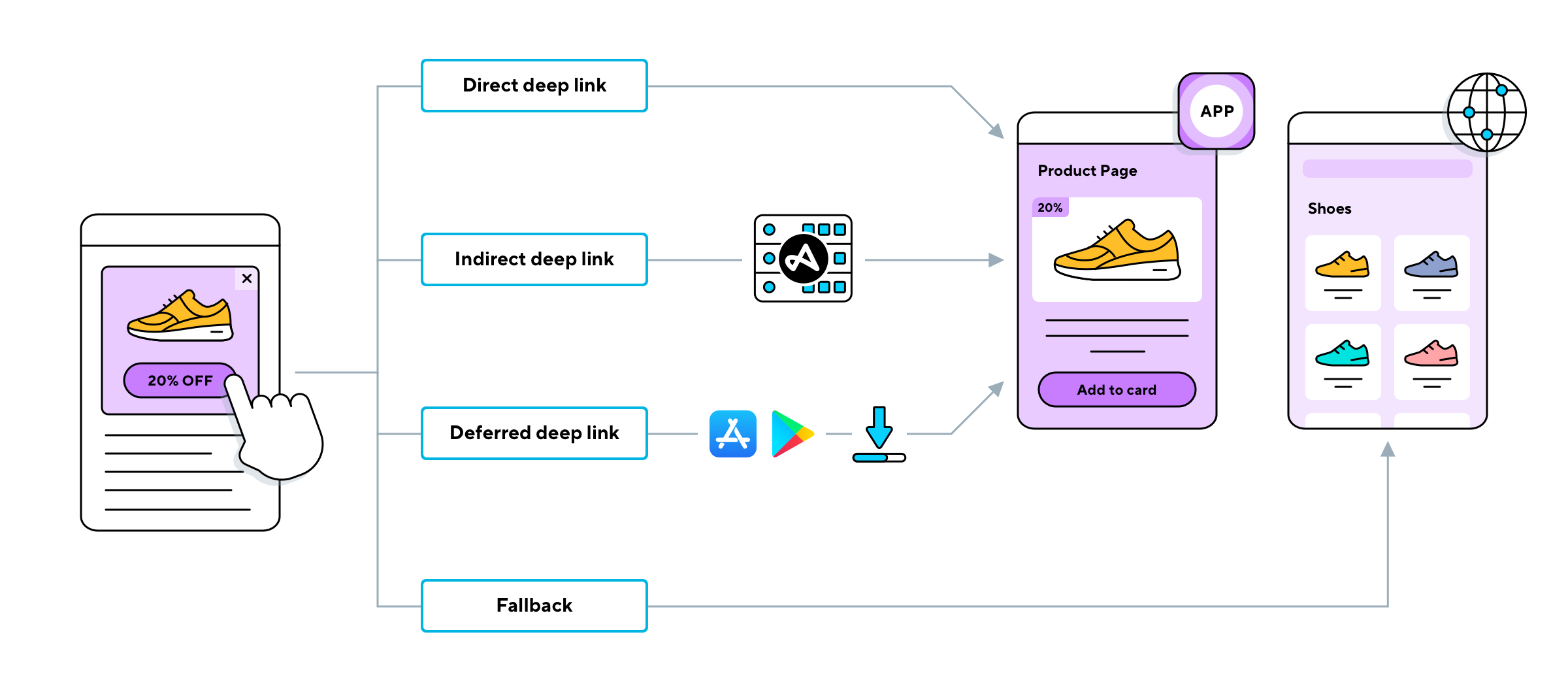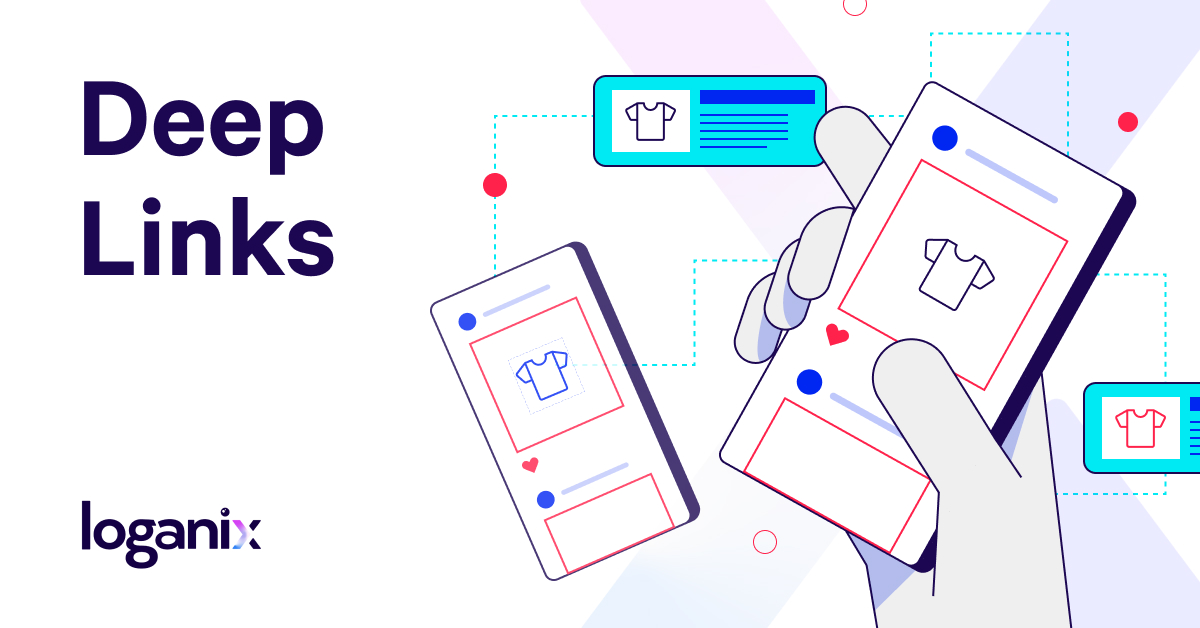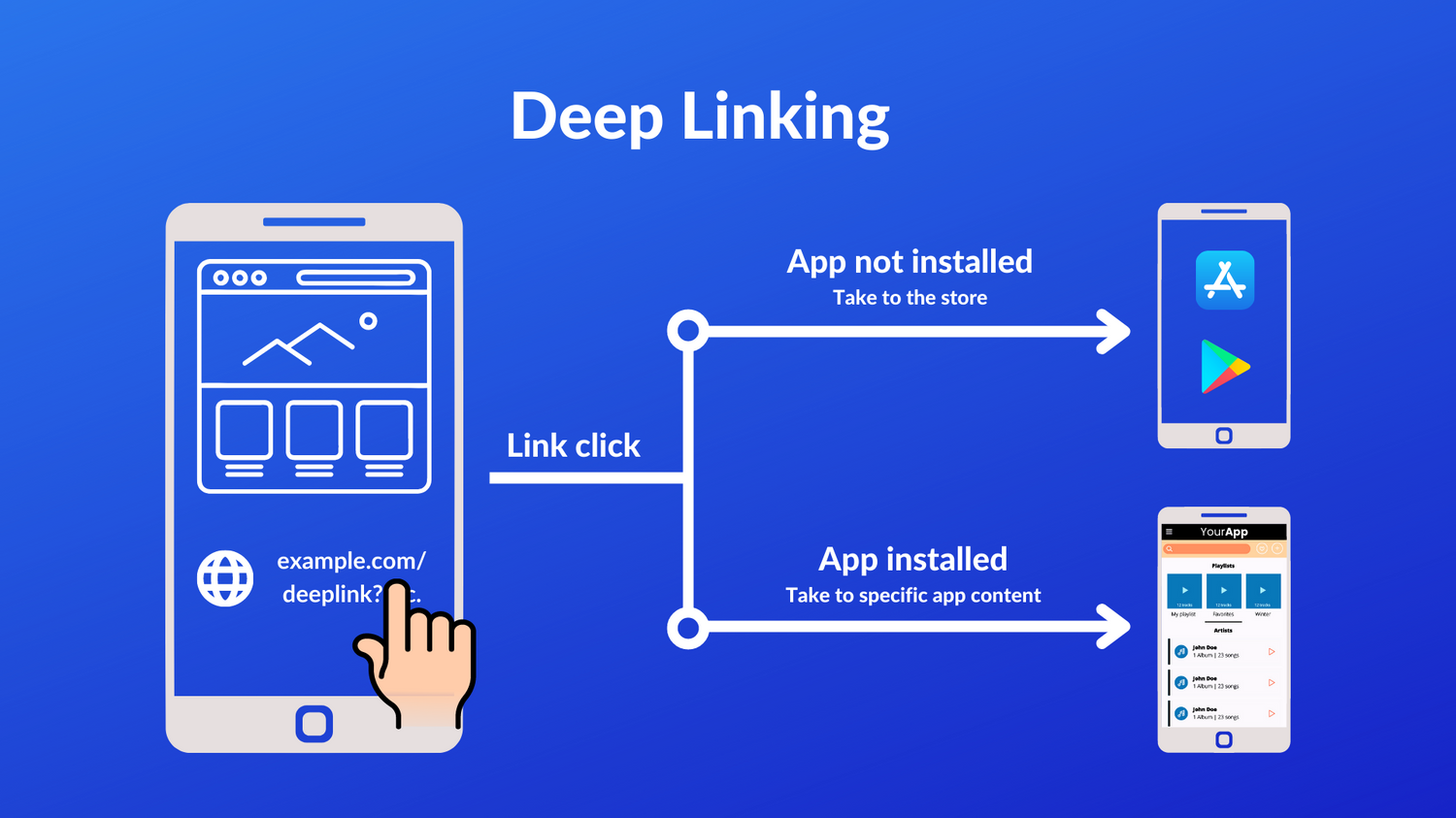WARNING: Deepfake & Explicit Content Alert! | Latest Updates
In a digital age where authenticity often feels like a fleeting commodity, how do we navigate the treacherous waters of online information? The proliferation of deepfakes and the allure of hidden corners of the internet demand a critical eye and a discerning mind.
The rapid evolution of technology has brought forth both incredible opportunities and unprecedented challenges. While advancements in fields like artificial intelligence and machine learning have opened doors to innovation, they've also given rise to sophisticated methods of deception. The term "deepfake" has become a household name, representing the unsettling reality of manipulated media that can convincingly portray individuals doing or saying things they never did.
One such example, a viral video that gained considerable traction online, appeared to depict actress Rashmika Mandanna entering an elevator. However, investigations revealed that the footage was a deepfake, a testament to the power of these technologies to blur the lines between reality and simulation. Such incidents serve as stark reminders of the need for media literacy and the importance of verifying information before accepting it as truth. Social media, a platform that often serves as the primary source of information for many, can be particularly vulnerable to the spread of misinformation. The convincing nature of deepfakes makes it difficult for the average user to distinguish between what is real and what is fabricated, potentially leading to the erosion of trust and the propagation of harmful narratives.
The rise of "deephot.link" as a term circulating across the internet further underscores the complex landscape we inhabit. While the precise nature of its function is subject to interpretation, its presence in various contexts highlights the ongoing exploration of the less-charted areas of the web. This exploration includes, but is not limited to, content that may not be readily accessible through traditional search engines. This raises questions about data privacy, security, and the ethical considerations surrounding access to and dissemination of information. This underscores the need to approach such spaces with caution, understanding the potential risks involved.
The allure of "deephot.link," and similar platforms, lies in the promise of accessing information beyond the mainstream. Its a gateway to a world many are unaware even exists. However, this promise must be weighed against the inherent risks, including exposure to potentially harmful or illegal content. The dark web, often associated with such spaces, is known for hosting content that violates ethical and legal boundaries.
Furthermore, the term surfaces in connection with discussions about password reset mechanisms, which raises important concerns about data security. The security of your online presence is paramount, and it's essential to exercise extreme caution when following links provided in emails, especially those related to password resets. Ensure that any such links originate from a trusted source, to avoid phishing scams.
The potential impact of deepfakes extends far beyond the realm of entertainment. The ability to manipulate images and videos with such ease raises significant ethical concerns. Imagine the potential for deepfakes to be used in political campaigns, corporate espionage, or even to damage personal reputations. The ability to create fake content could undermine trust in institutions and individuals, making it more challenging to discern truth from fiction.
In the context of marketing and branding, the use of "deephot links" also emerges as a strategy for creating engaging content. These are used to direct users to microsites, where they can learn more about a brand's commitments to sustainability or explore environmentally conscious clothing options. This method allows companies to tailor their messages and provide relevant information to their target audiences.
Consider the following table, if we examine the example of a leading actress such as Rashmika Mandanna, who has been the subject of a deepfake:
| Attribute | Details |
|---|---|
| Full Name | Rashmika Mandanna |
| Date of Birth | April 5, 1996 |
| Place of Birth | Virajpet, Karnataka, India |
| Nationality | Indian |
| Occupation | Actress |
| Years Active | 2016 Present |
| Known for | Her roles in Telugu and Kannada films. "Pushpa: The Rise" |
| Notable Works | Kirik Party (2016) Geetha Govindam (2018) Dear Comrade (2019) Pushpa: The Rise (2021) Goodbye (2022) Varisu (2023) Animal (2023) |
| Awards | SIIMA Awards for Best Female Debut Kannada Filmfare Awards South Zee Cine Awards Telugu |
| Social Media Presence | Verified accounts on Instagram, X (formerly Twitter) and other platforms. |
| Important Note | Always verify any information or media content related to Rashmika Mandanna (or any public figure) through official and verified sources. Be cautious of unverified content and the possibility of deepfakes or manipulated media. |
| Reference Link | Rashmika Mandanna - Wikipedia |
The use of "deephot links" in promotional contexts can be a double-edged sword. On one hand, they provide a direct pathway to brand-specific content. On the other, they must be used with transparency and a clear understanding of the audience's expectations. Building trust with users requires being forthright about what they can expect to find when they click a link.
The discussion around "deephot.link" also intersects with conversations concerning adult content. While the precise function of "deephot.link" is subject to different interpretations, the existence of such discussions highlights the complex landscape of online content, and the variety of avenues through which users can encounter material of this nature.
The promotion and distribution of pornographic content, including deepfakes of celebrities, raises both ethical and legal concerns. Creating and sharing sexually explicit content without consent is a crime, as is the unauthorized use of someone's likeness. Social media platforms and websites are increasingly taking action against such content, but it remains an ongoing challenge.
The commercialization of adult content, including deepfakes of celebrities, is a worrying trend. It raises questions about consent, exploitation, and the protection of individual privacy. While some may argue that such content is harmless, it often involves the unauthorized use of someone's image and likeness and can lead to significant emotional distress. It also normalizes the creation and distribution of non-consensual material, which can further harm the people involved.
The rise of deepfakes underscores the urgent need for media literacy. We must all become more critical consumers of information, especially online. Before believing anything we see or hear, we should:
- Verify the Source: Is the information coming from a reliable source? Does the source have a history of accuracy?
- Check the Details: Are there any inconsistencies or red flags in the information itself? Do the dates, times, and locations align?
- Look for Confirmation: Has the information been reported by multiple, credible sources?
- Consider the Context: What is the purpose of the information? Who benefits from it?
- Examine the Evidence: Does the visual or audio evidence seem authentic? Can it be verified by other means?
Implementing these steps can significantly increase your ability to detect and avoid misinformation. Education and awareness are key to safeguarding ourselves from the dangers of the digital age. This includes understanding the different forms of deepfakes, how they are made, and how to identify them.
Furthermore, consider the ethical dimensions of artificial intelligence and its role in creating deepfakes. Developers and researchers must prioritize ethical guidelines and design systems that can prevent their misuse. Governments and regulatory bodies need to establish clear regulations to deal with deepfakes, including laws against non-consensual generation and distribution.
The case of "Deep South Choice Products" provides a different context for our examination. Founded in 2005, this business is in the food industry and its brand offers a range of hot links and smoked sausages. This highlights how certain terms may exist in completely unrelated scenarios. The food-based enterprise also offers its own brand of smoked sausage links and cajun boudin.
| Attribute | Details |
|---|---|
| Company Name | Deep South Choice Products |
| Founded | Spring of 2005 |
| Products Offered | Quality hot links and smoked sausages. Cajun boudin. |
| Brands Offered | Deep South, H & H's Cajun Delite |
| Industry | Food Manufacturing |
As we navigate the ever-evolving digital landscape, it is essential to remember that awareness and critical thinking are vital defenses against misinformation. The term deephot.link, and similar ones, highlight the need for vigilance and the importance of being informed and prepared. The only way to ensure that we stay safe in this environment is to be aware of the threats and to think critically about everything that we read and see.



Detail Author:
- Name : Quinton Jaskolski
- Email : finn40@muller.com
- Birthdate : 1993-04-10
- Address : 53528 Ritchie Groves Lake Ignacioborough, NV 36386-5512
- Phone : +1-563-627-7487
- Company : McGlynn-Altenwerth
- Job : Steel Worker
- Bio : Adipisci sed nam voluptas quam molestiae architecto vel. A qui nemo quo at fuga. Laudantium vitae eaque cupiditate.